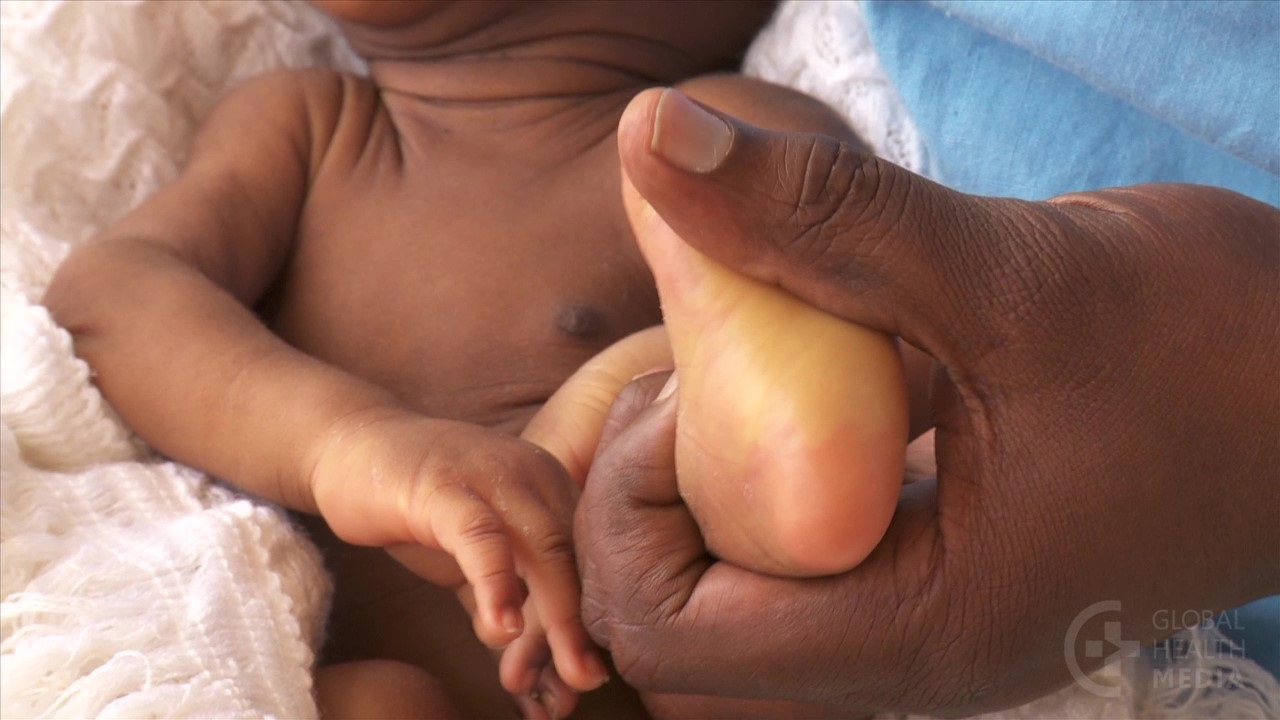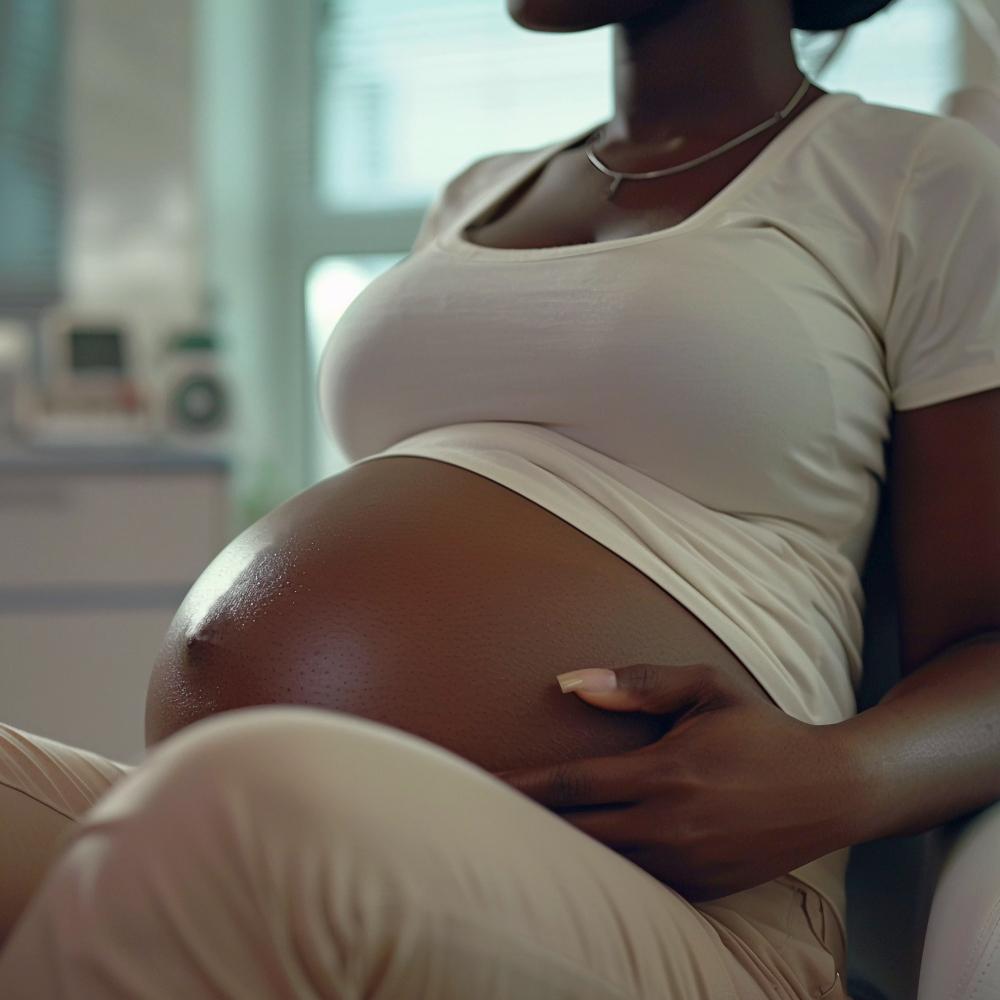Newborn jaundice is a yellowing of a baby’s skin and eyes. Newborn jaundice is very common and can occur when babies have a high level of bilirubin, a yellow pigment produced during the normal breakdown of red blood cells.
In older babies and adults, the liver processes bilirubin, which then passes through the intestinal tract. However, a newborn’s still-developing liver may not be mature enough to remove bilirubin.
What causes newborn jaundice?
Babies at the highest risk for developing newborn jaundice are:
- premature babies (babies born before 37 weeks gestation)
- babies who aren’t getting enough breast milk or formula, either because they’re having a hard time feeding or because their mother’s milk isn’t in yet
- babies whose blood type isn’t compatible with the blood type of their mother
A baby whose blood type isn’t compatible with that of its mother can develop a buildup of antibodies that can destroy its red blood cells and cause a sudden rise in bilirubin levels.
Other causes of newborn jaundice include:
- Bruising at birth or another internal bleeding
- Liver problems
- Infection
- an enzyme deficiency
- an abnormality in your baby’s red blood cells
RELATED: PREPARING FOR THE ARRIVAL OF THE BABY
What are the symptoms of newborn jaundice?
The first sign of jaundice is the yellowing of a baby’s skin and eyes. The yellowing may begin within 2 to 4 days after birth and may start in the face before spreading down across the body.
Bilirubin levels typically peak between 3 to 7 days after birth.
If a finger lightly pressed on a baby’s skin causes that area of skin to become yellow, it’s likely a sign of jaundice.
When to call a doctor
Most cases of jaundice are normal, but sometimes jaundice can indicate an underlying medical condition. Severe jaundice also increases the risk of bilirubin passing into the brain, which can cause permanent brain damage.
Contact your doctor if you notice the following symptoms:
- Jaundice spreads or becomes more intense.
- Your baby develops a fever over 100°F (38°C).
- Your baby’s yellow coloring deepens.
- Your baby feeds poorly, appears listless or lethargic, and makes high-pitched cries.
How is newborn jaundice treated?
Mild jaundice will usually resolve on its own as a baby’s liver begins to mature. Frequent feedings (between 8 to 12 times a day) will help babies pass bilirubin through their bodies.
More severe jaundice may require other treatments. Phototherapy is a common and highly effective method of treatment that uses light to break down bilirubin in your baby’s body.
In phototherapy, your baby will be placed on a special bed under a blue spectrum light while wearing only a diaper and special protective goggles. A fiber-optic blanket may also be placed underneath your baby.
In very severe cases, an exchange transfusion may be necessary for which a baby receives small amounts of blood from a donor or a blood bank.
This replaces the baby’s damaged blood with healthy red blood cells. This also increases the baby’s red blood cell count and reduces bilirubin levels.
Can newborn jaundice be prevented?
There’s no real way to prevent newborn jaundice. During pregnancy, you can have your blood type tested.
After birth, your baby’s blood type will be tested, if necessary, to rule out the possibility of blood type incompatibility that can lead to newborn jaundice. If your baby does have jaundice, there are ways you can prevent it from becoming more severe:
- Make sure your baby is getting enough nutrition through breast milk. Feeding your baby 8 to 12 times a day for the first several days ensures that your baby isn’t dehydrated, which helps bilirubin pass through the body more quickly.
- If you’re not breastfeeding feeding your baby formula, give your baby 1 to 2 ounces of formula every 2 to 3 hours for the first week. Preterm or smaller babies may take smaller amounts of formula, as will babies who are also receiving breast milk. Talk to your doctor if you’re concerned your baby is taking too little or too much formula, or if they won’t wake to feed at least 8 times per 24 hours.
Carefully monitor your baby for the first five days of life for the symptoms of jaundice, such as yellowing of the skin and eyes.
If you notice that your baby has the symptoms of jaundice, call your doctor immediately.
Article Originally shared Here






Leave a Reply